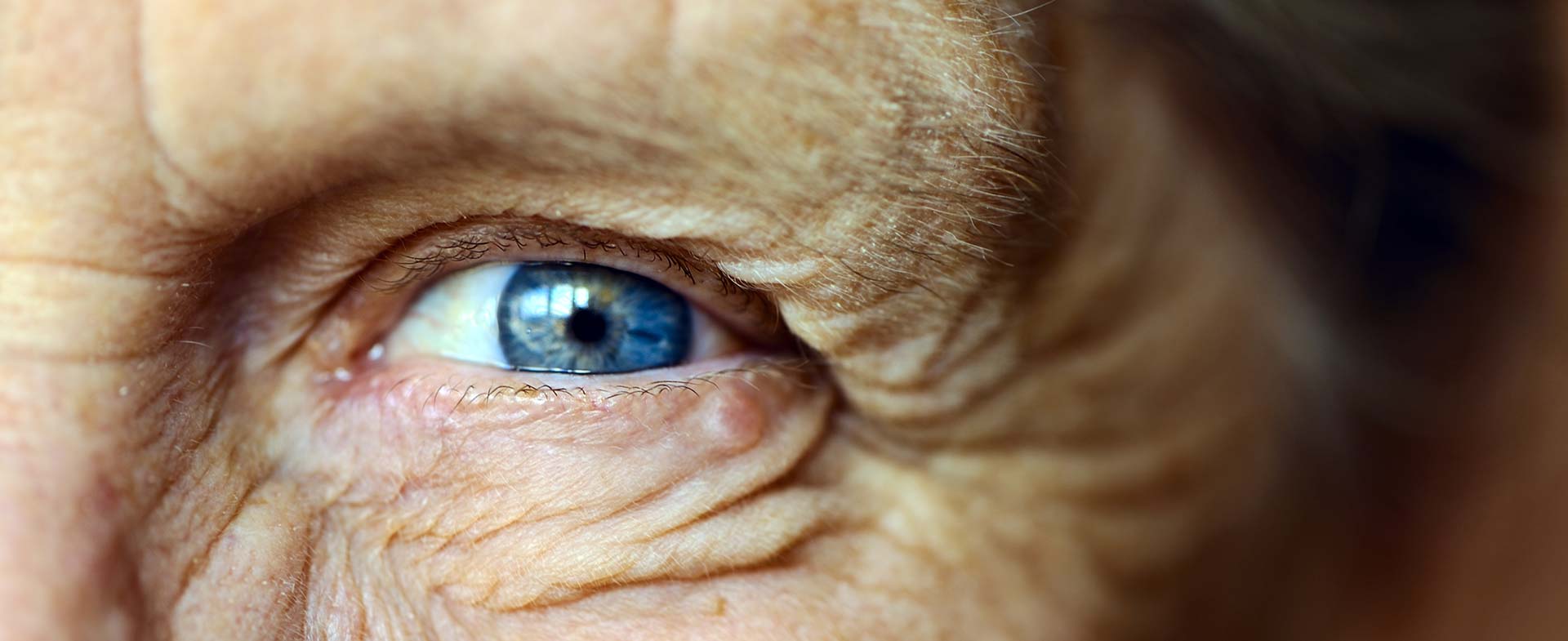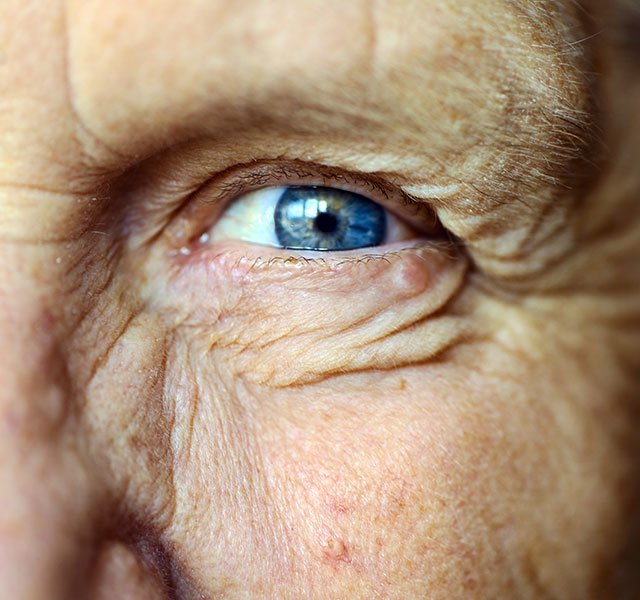Many people experience blurry vision and have trouble seeing at night (or find they need more light to read) as they age. But while these symptoms are a normal part of aging, they’re also some of the symptoms of cataracts, which occur when the eye’s lens becomes cloudy.
While cataracts can impact quality of life and seem daunting, the truth is they’re actually very treatable, says Melisa Nika, M.D., an ophthalmologist at Henry Ford Health. “The good news is that cataract surgery is a safe and effective procedure to remove cataracts. New technology allows us to replace your cloudy lens with an artificial lens that restores or enhances your vision.”
Here Dr. Nika brings cataracts into focus, answering several frequently asked questions.
What Are Cataracts?
The lens is the part of the eye behind the colored part (iris). The lens focuses (refracts) light that passes through the eye, sending clear images to the retina, a membrane in the back of the eye that transmits information to the optic nerve and brain, allowing you to see.
When you’re born, your lens is crystal clear. But as we age, the lens becomes cloudy and interferes with vision.
What Causes Cataracts?
Age-related cataracts are the most common form of cataract, often beginning in your 50s or 60s and developing gradually. Most people in their 70s and 80s have significant cataracts.
Other factors that can increase your risk of developing cataracts sooner include:
- Eye injuries, eye surgery or radiation treatment
- Excessive exposure to ultraviolet rays from the sun
- Family history of cataracts
- Lifestyle habits like smoking and excessive alcohol use
- Medical conditions, such as diabetes, which can cause cataracts to develop more quickly
- Medications, such as corticosteroids, often taken to treat inflammatory conditions
- Poor nutrition where there is a lack of vitamins and nutrients from fruits, vegetables and lean proteins
Cataracts can be present when a baby is born (congenital cataracts) or develop during childhood (developmental cataracts).
What Are the Symptoms Of Cataracts?
Depending upon the cause of your cataracts, you may not initially notice changes in your vision. Over time, cataracts progress, and you may experience one or more of these symptoms:
- Double or blurring vision
- Difficulty seeing at night and needing more light to read or do other activities
- Seeing a starburst or halo pattern when looking at a light source, especially at night
- Colors may seem faded or have a yellow tone
If you experience these symptoms, visit your eye doctor (ophthalmologist) for an examination to identify whether cataracts or other conditions are causing your vision difficulties.
Can I Slow the Progression Of Cataracts?
“There is no crystal ball to predict how quickly your cataracts will worsen, especially with age-related cataracts. Everyone progresses at different rates,” says Dr. Nika.
Some steps that may slow the progression of cataracts include:
- Improve nutrition by eating a well-balanced diet
- Stop smoking and limit alcohol
- Wear sunglasses and a hat to protect your eyes from the sun
When Should I Have Cataract Surgery?
“Many people may live with cataracts in the early stages without fully recognizing how their vision has changed,” says Dr. Nika. People adapt by making lifestyle changes like turning on extra lights to read or avoiding driving because of glare from traffic or headlights.
“Your doctor can help you decide when cataract surgery is appropriate. The best time to have surgery is when vision loss prevents you from doing what you want,” says Dr. Nika.
What Can I Expect During Cataract Surgery?
Cataract surgery is generally done as an outpatient procedure, meaning you won’t need to stay overnight in the hospital. Surgery for age-related cataracts typically takes around 15 minutes. More complex cataracts may require a more prolonged procedure.
Most cataract surgery is performed while you’re awake. You receive mild sedation to help you relax and medication to numb your eye. Your doctor makes a tiny incision to remove the cataract and implant an artificial intraocular lens.
Before surgery, your doctor discusses your lens options, which include:
- Monofocal intraocular lens: This lens focuses your vision at one distance. Traditionally, a lens that restores optimal distance vision is used, reducing your reliance on corrective glasses or contacts. You may still need glasses for reading.
- Toric intraocular lens: Think of your eye as being shaped like a basketball. If you have astigmatism, the lens in your eye is shaped more like a football, causing blurry areas in your vision. A toric intraocular lens can be customized to correct astigmatism and eliminate distortions in your vision.
- Multifocal and accommodative intraocular lens: These lenses can replace bifocal or progressive glasses, offering you the option to see at more than one distance.
How Long Does It Take to Recover After Cataract Surgery?
Most people see improvement in their vision the day after surgery. Some people may experience blurring that improves within weeks of the procedure.
After surgery, you should:
- Wait to resume driving until 24 hours after surgery.
- Avoid heavy lifting, bending beyond your waist or straining for 2 to 4 weeks after surgery.
- Keep away from hot tubs or pools for a minimum of three weeks to prevent eye infections.
To find an ophthalmologist at Henry Ford, visit henryford.com or call 1-800-436-7936.
Dr. Melisa Nika is a comprehensive ophthalmologist and glaucoma specialist. She sees patients at Henry Ford Hospital in Detroit and the Henry Ford OptimEyes Super Vision Centers in Southfield and West Bloomfield.



